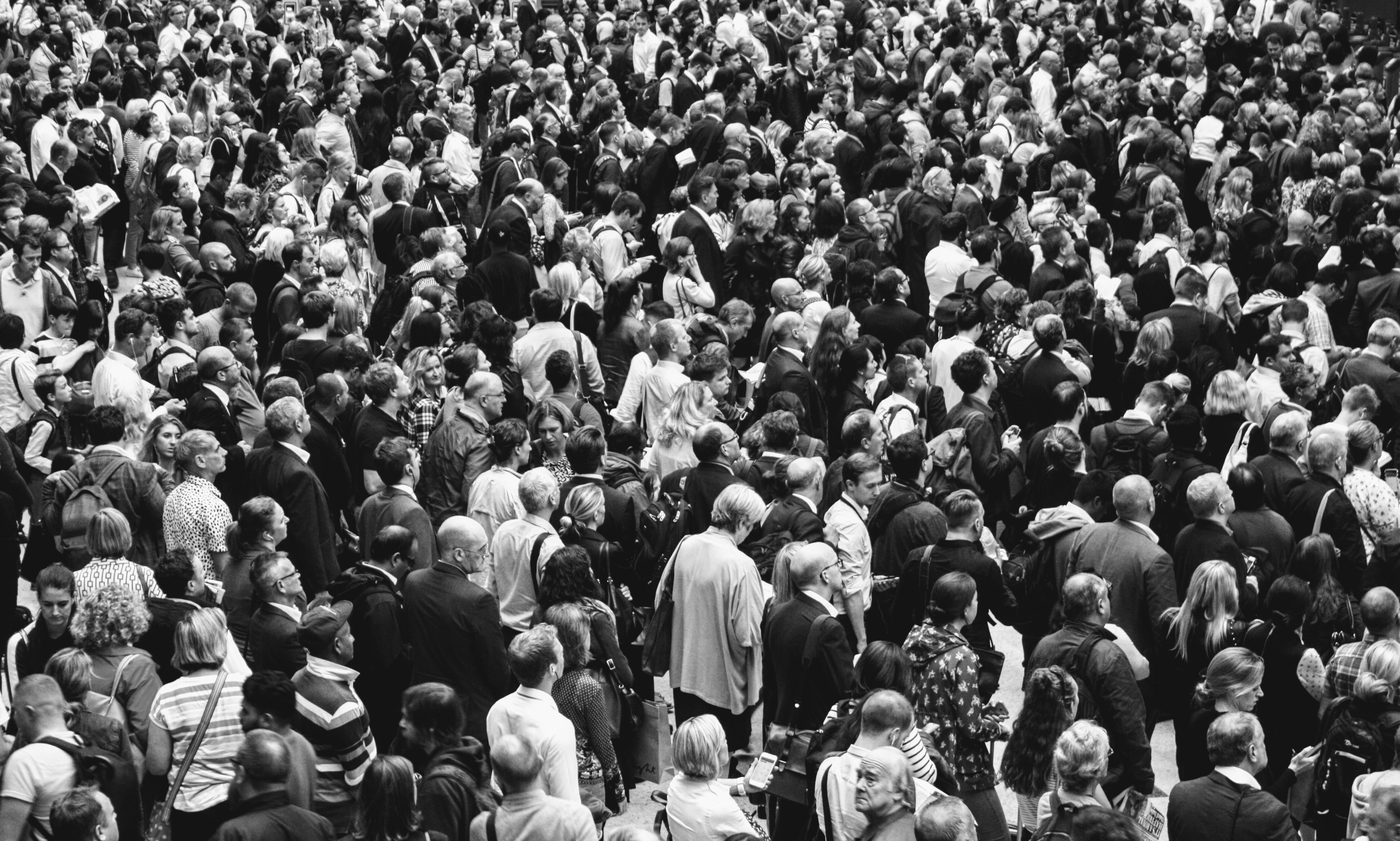It’s 2019, and when you’re asked how you’re doing, the stock answer is usually “I’m crazy busy”. This declaration is accompanied by an overly theatrical sigh, an apologetic shrug, anything that subtly indicates that you’re killing the game, and you’re not at all sorry about it. But when did we start glorifying stress levels that edge precariously towards the cliff-edge that is burnout? And why, in an age where wellness is the buzzword we can’t seem to get away from—have we not yet opened our eyes and changed our ways? There are two major problems with the current set-up: it’s making us sick, and it’s hindering our fight towards gender equality.
Millennials, supposedly the ones supposed to be having the most fun, are currently the most anxious generation, and in the UK, over the past three years, stress, anxiety and depression have caused 45 million lost work days. And social media isn’t making things better. In the good old days, we used Instagram to share our holiday snaps, and show off our mojitos on the beach while everyone back home was stuck in the office. But in a meta turn of events, we’ve now found a way to glorify office life, with competition on social media to fight to be crowned the person staying at work the latest. The ability to timestamp and geotag our Instagram stories means that we can now accurately and unambiguously provide evidence to our loyal fans: it’s 23:30, and I’m still in the office. #poor me.
Have a busy day full of hectic meetings? Fabulous!
Make sure your followers stay updated – maybe share a Boomerang from each meeting venue, just to show how manically devoted you are to your job.
In the mid 80s through to the financial crisis of 2008 and beyond, it was the bankers and lawyers who were notorious workaholics. Now, the startup world has become one of the worst offenders of encouraging the cult of business. You say you work at a startup, but does it even count if you leave the office before midnight? Stories flood out of Silicon Valley of the next Mark Zuckerbergs and Sheryl Sandbergs, so dedicated to their missions that they practically (and sometimes literally) live and sleep in the office, and the inherent financial uncertainty surrounding startup life means that often, it’s just the harsh reality that you’re expected to work for 18 hours per day. There are literally not enough hours in the day to work this schedule, and fit in everything else you might want to do: hobbies, have a social life, go to the gym, relax…you know?
Freelancers, who often face stigma for having it easy or not having to work as hard as people in offices (if only!), are often the ones who feel the most pressure to show off how busy they are. It’s the age of the multi-hyphenate, and you can now be a freelance consultant- writer-columnist-podcast host all at once. But this pressure to do everything and be everything and have a sparking personal brand means if you’re a freelancer who doesn’t do these things, people might start to assume that – God forbid – the work isn’t flooding in for you right now.
I can’t be the only one who has dragged myself, shattered, to an after-work event, just because it will make me look cool and dedicated when I post about it on Instagram. #hustler.
We’ve known for a long time that stress makes us sick: it can cause everything from chronic fatigue and migraines, to weight gain and anxiety. An association has even been made between a high stress lifestyle and the likelihood of getting cancer. To add to this, the world has seen a massive surge in interest in self-care in recent years, with meditation studios, CBD oils, and face-masks everywhere you look. But somehow, this has not been enough to buck the burnout trend, and millennials — in particular are becoming more and more stressed — not something we want for our next generation of world leaders and CEOs.
The lifestyle expected of many working young adults is enough to wreck anyone’s immune system, but the reality is that women suffer even more than men. The majority of housework and childcare duties fall to women, even those who work full-time, and these women have 5 fewer hours of free time per week due to this antiquated norm.
So the issue of the cult of busyness is that like most things in life, it negatively affects women more drastically than it does men. If we are to reach gender parity in the near-ish future, we need to rein in this crazy trend of the glorification of busyness, and make people realise that it’s not a crime to want to spend time with your children on weekday evenings. It should be stressed that there’s absolutely nothing wrong with working hard — and that at some points in your career, you inevitably need to put in the extra hours to score a promotion or job raise or please a difficult client. And that’s fine. But it’s just not sustainable that we work like that all the time, and for the sake of future generations of professionals: please let’s tone the busyness down a bit?


